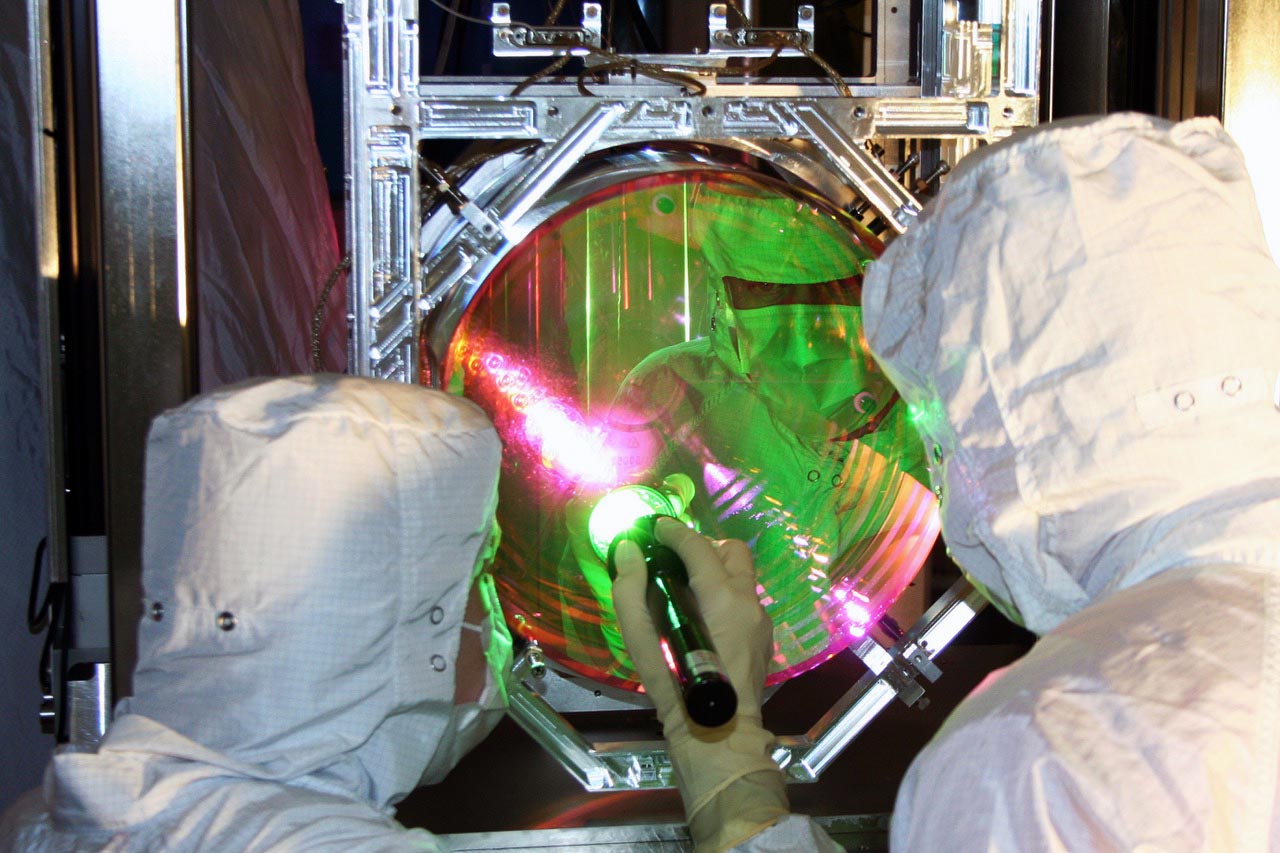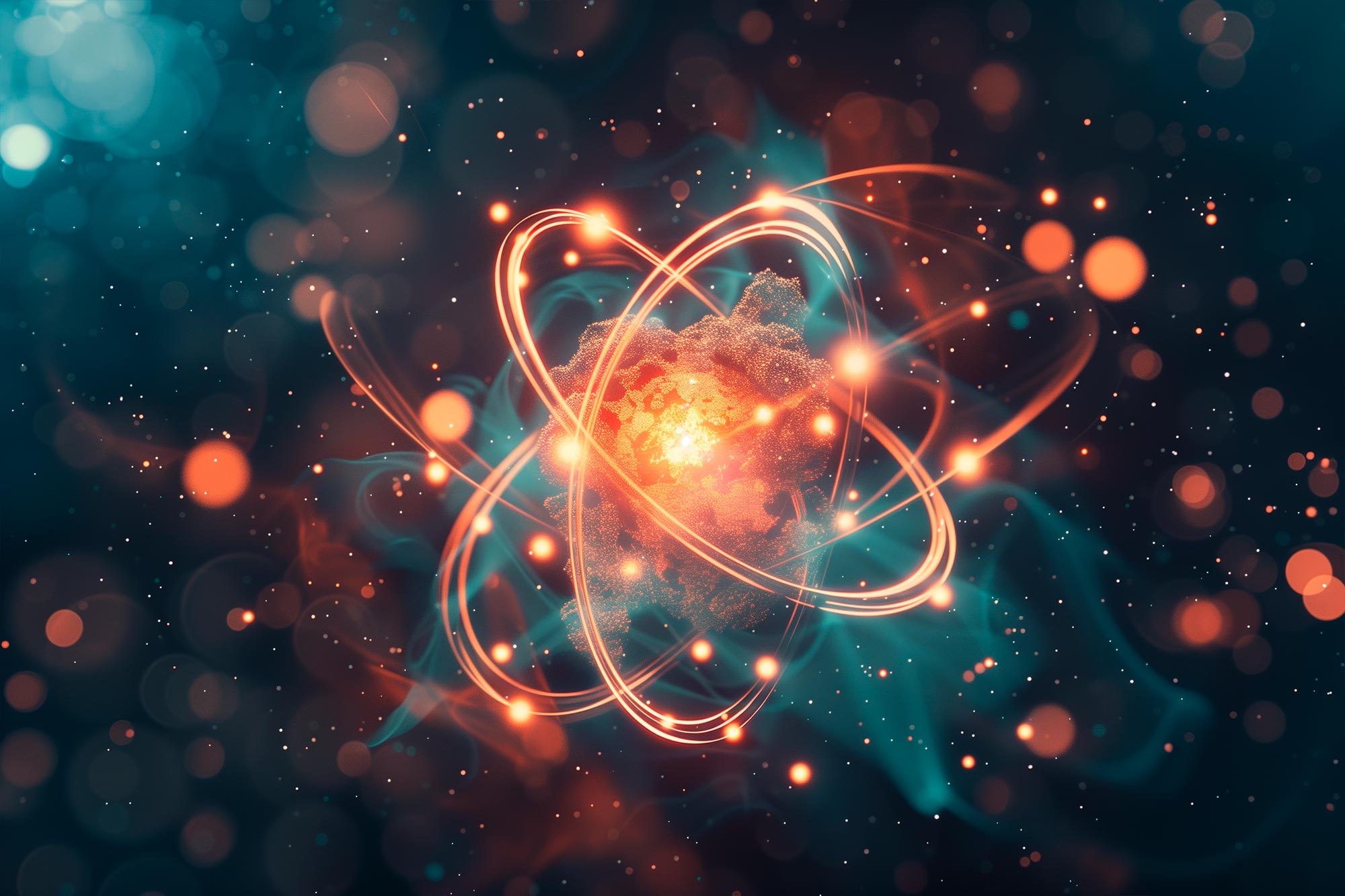
Quantum State
In quantum physics, a quantum state is the state of an isolated quantum system. A quantum state provides a probability distribution for the value of each observable, i.e. for the outcome of each possible measurement on the system. Knowledge of the quantum state together with the rules for the system's evolution in time exhausts all that can be predicted about the system's behavior.










